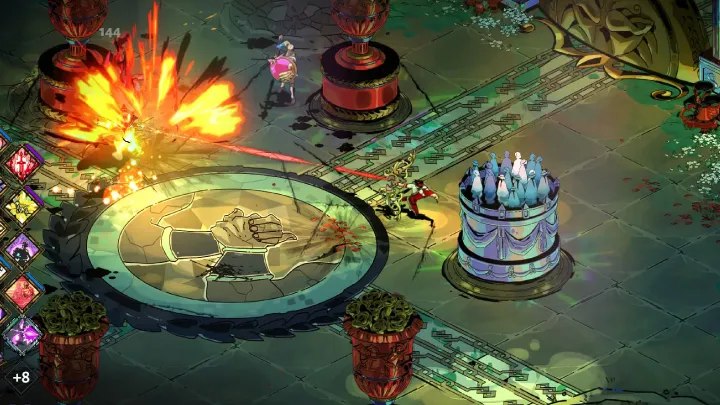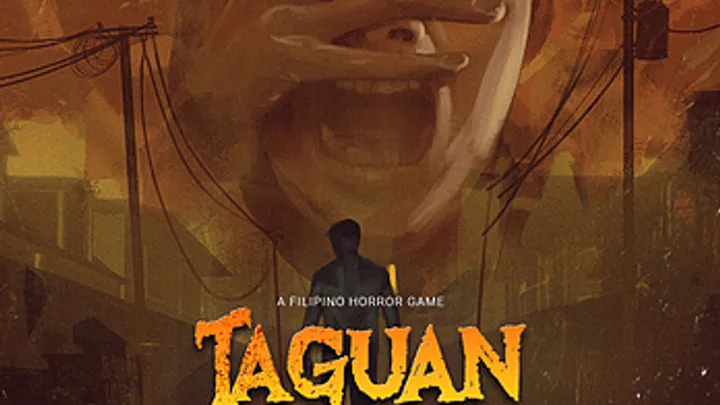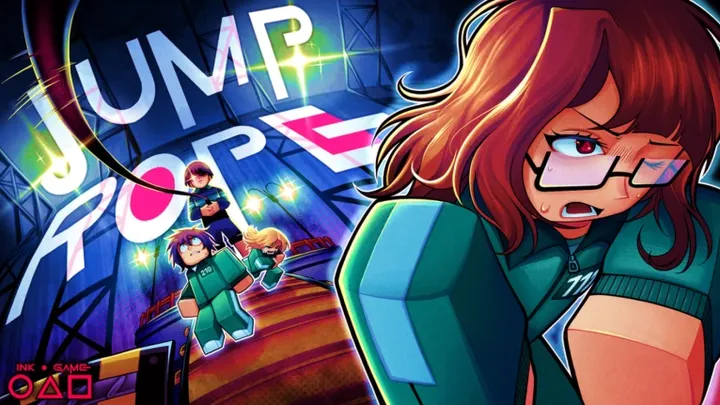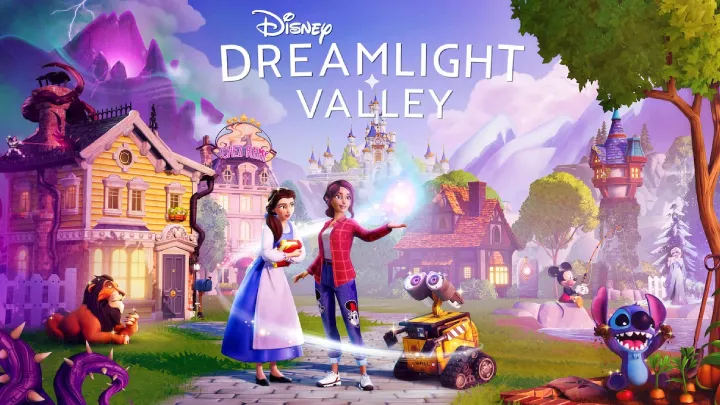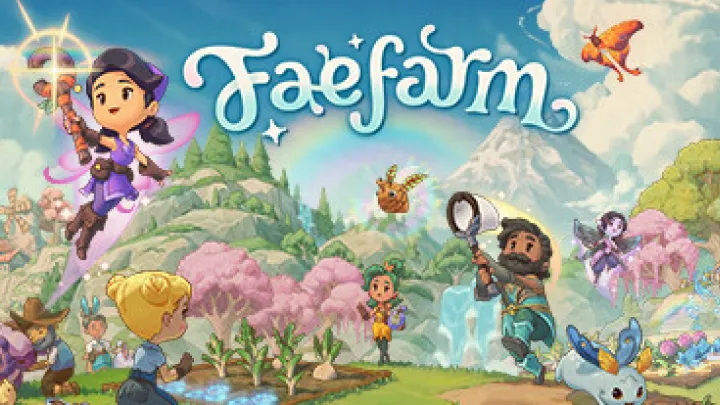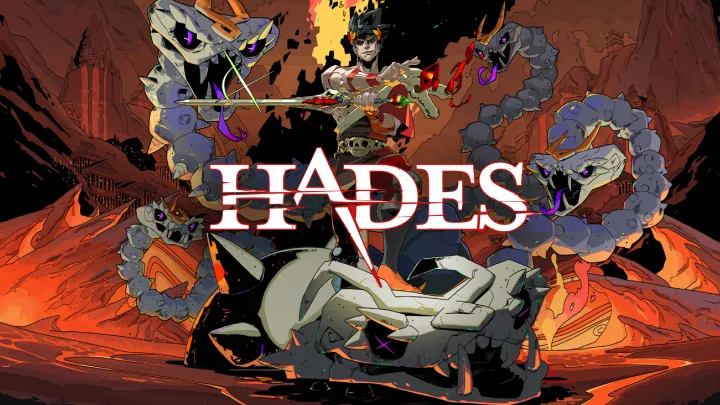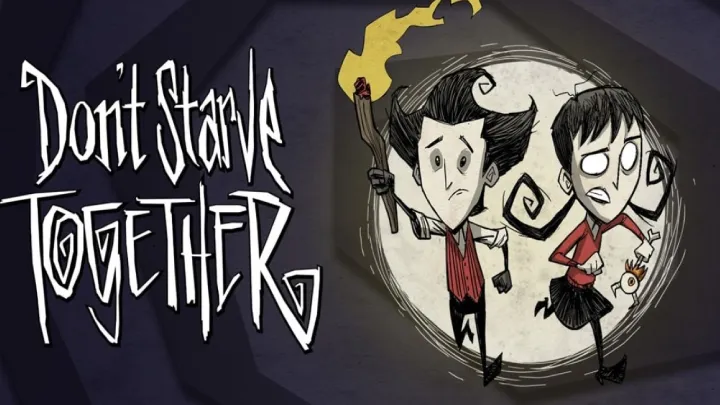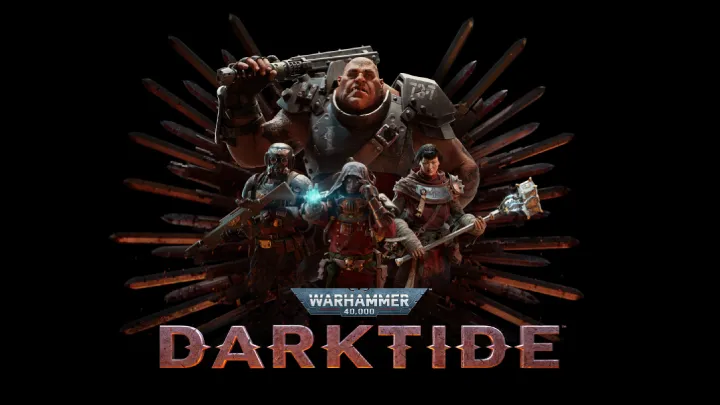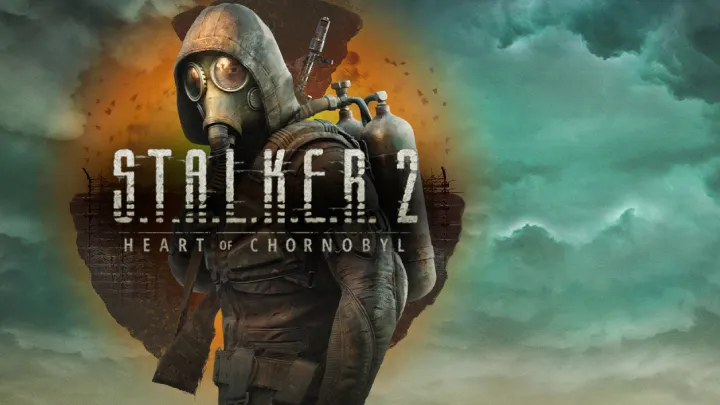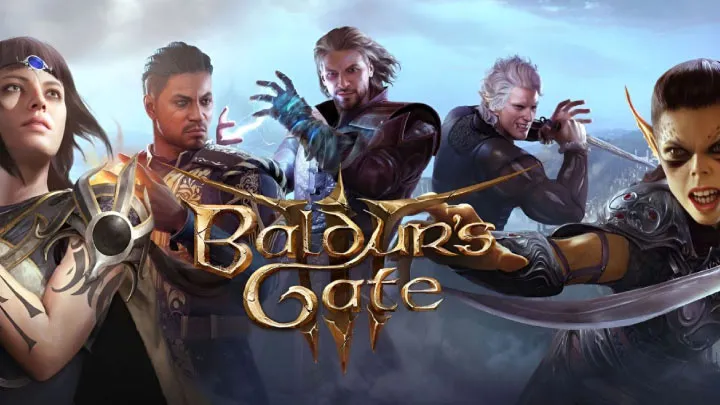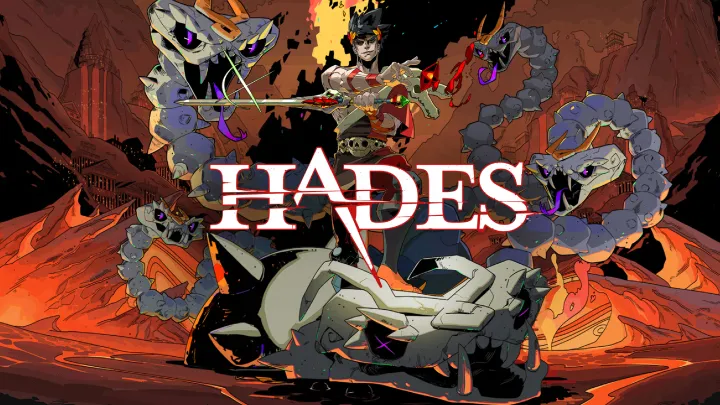
Introduction
Hades, developed by Supergiant Games, has captivated players with its fluid gameplay, stunning visuals, and rich narrative intricacies. At its core, however, Hades offers an unparalleled exploration of family dynamics, particularly the relationships between Zagreus and the members of the Olympian pantheon and the Underworld. These complex interactions not only reflect the personal struggles of each character but also serve to unpack deeper themes of agency, identity, and the cyclical nature of life and death. This article will delve deeply into the multifaceted relationships within Hades, examining how the game’s narrative structure and character design enrich the player’s understanding of family dynamics while emphasizing personal agency in the quest for freedom.
Setting the Stage: The Underworld as a Family Home
The Rich Lore of Greek Mythology
Hades draws heavily on Greek mythology, reimagining well-known characters to create a rich backdrop for Zagreus's journey. In doing so, it establishes a setting where familial relationships and conflicts are at the forefront.
- The Underworld as a Character: The Underworld is not just a stage for the action; it functions as a living entity, filled with history and secrets. Each room and character within it reveals layers of emotional and narrative complexity, emphasizing the weight of familial ties that bind characters together.
- Divine Lineage: Zagreus, the son of Hades, embodies the tension between familial loyalty and individual desire. His quest to escape the Underworld reflects a broader narrative about parent-child relationships, ambitions, and the search for autonomy against the backdrop of mythological expectations.
This setting establishes a narrative landscape that allows players to engage with the intricate web of relationships that influence Zagreus’s journey.
Introducing Key Relationships
As players navigate through the game, they meet significant characters, each tied intricately to Zagreus's identity. These interactions illustrate the dysfunction and complexity of their familial bonds.
- Hades: The titular father, Hades, is portrayed as both a fierce ruler and a complex figure with his emotional burdens. His stern demeanor often masks deeper feelings of duty and paternal expectations, which play a critical role in shaping Zagreus's identity.
- Persephone: Zagreus's mother, Persephone, serves as a central figure in his quest. Her absence looms large, representing both a yearning for connection and the emotional scars left by her departure. The discovery of her backstory becomes an essential element in understanding the nature of family ties.
Through these character relationships, Hades lays the groundwork for exploring themes of familial dynamics and their emotional repercussions.
The Tension Between Duty and Desire
Zagreus’s Rebellion Against Authority
At the heart of Hades is Zagreus's defiance against his father, which becomes a key aspect of his character development. This resistance stems not just from the longing for personal freedom but also from familial expectations that weigh heavily on him.
- Struggle for Autonomy: Zagreus’s desire to escape the Underworld is symbolic of a broader struggle against parental control and societal norms. His repeated attempts to break free underscore a relatable quest for identity that reflects personal rebellion against the expectations placed upon him by Hades and the Olympian gods.
- Narrative Conflict: This tension manifests in various encounters with Hades, where players witness the complexity of their relationship unfold. The emotional exchanges highlight that their dynamic is rooted in love, disappointment, and misunderstanding—illustrating a nuanced portrayal of the father-son relationship.
Zagreus's rebellion presents an emotional backdrop that resonates with players, encouraging them to reflect on their journeys toward self-definition amid societal pressures.
Consequences of Rejection
As Zagreus pursues his quest for freedom, the consequences of his decisions become increasingly apparent. The relationships he cultivates and undermines are intricately linked to the overarching conflict between duty and desire.
- Impact on Other Characters: Zagreus’s actions not only affect his relationship with Hades but also have ripple effects on other characters like Nyx, Achilles, and the Olympian gods. Throughout the game, players witness the emotional turmoil experienced by these characters as they are drawn into Zagreus’s quest. Each character reflects different facets of familial relationships, and their growth is often tied to how they interact with Zagreus.
- Cycle of Pain: The game portrays the cyclical nature of familial pain. Characters like Achilles exhibit their own repressed desires and sacrifices—their destinies intertwined with those of Zagreus and Hades. This interplay illustrates how one person's quest for independence can echo through familial lines, prompting reflection on the legacy of choices across generations.
This exploration emphasizes that the quest for agency often comes at a cost, revealing how personal desires can be both liberating and destructive within familial ties.
The Role of Relationships in Personal Growth
Building Bonds Through Relational Dynamics
Hades places great importance on the relationships that Zagreus forms, serving as both a catalyst for growth and a measure of his emotional state. Each character interaction enriches the narrative and shapes Zagreus’s journey.
- Developing Trust: Relationships with characters like Dusa, Thanatos, and the Olympian gods illustrate the importance of trust. As players Bond with these characters through conversations and shared experiences, they deepen their understanding of Zagreus and his motivations. These interactions serve as stepping stones in his quest for self-discovery.
- Empathy and Connection: The game encourages players to develop empathy for the other characters, unveiling their vulnerabilities and strengths. As Zagreus learns about their journeys and burdens, he simultaneously confronts his own fears and insecurities.
Through these relational dynamics, Hades encourages players to engage meaningfully with personal growth and the impact of relationships on identity.
Reflections on Family Ties
Hades prompts players to consider the intricacies of their relationships, exploring how family ties can both uplift and hinder personal development.
- Lessons from the Past: Conversations with characters often weave in reflections on past mistakes and regrets, prompting Zagreus to reevaluate his choices and their implications. The game allows players to witness how personal and family histories shape character identities, reinforcing the belief that acknowledging one’s past is essential to moving forward.
- Emotional Healing: As relationships deepen, characters find opportunities for vulnerability and healing. The dialogue and interactions invite players to reflect on their emotional journeys, suggesting that confronting familial pain can be a pathway to growth and understanding.
This emotional exploration enriches the narrative, allowing players to witness the impact of relational dynamics on healing and development.
The Journey Toward Redemption
Seeking Forgiveness and Understanding
As the narrative unfolds, themes of redemption emerge prominently, particularly in relation to Zagreus’s relationship with his parents. The game emphasizes that redemption is often intertwined with understanding and reconciliation.
- Zagreus’s Redemption Arc: The journey itself becomes one of seeking redemption—not just for his perceived failures but for his family as well. As players learn more about his motivations and the dynamics with Hades and Persephone, they bear witness to his internal struggles and desires for forgiveness and connection.
- Character Journeys: Other characters exhibit their own paths toward redemption—Hades grappling with his feelings for Zagreus and Persephone seeking a way back into her family's fold. These arcs reveal that the quest for redemption is a shared experience that transcends individual struggles, illustrating how forgiveness can unite familial bonds.
Players are prompted to engage with these themes, inviting contemplation on the nature of redemption and what it entails within familial relationships.
The Emotional Resolution of Conflict
As players progress, they encounter climactic moments that challenge previously established perceptions of family and redemption.
- Confrontation with Hades: The climax of the game often involves thematic confrontations between Zagreus and Hades, where both characters must navigate their emotional wounds. These encounters culminate in a nuanced reflection on family dynamics, exposing vulnerabilities and allowing for potential reconciliation.
- A Journey of Mutual Understanding: The ending reveals that redemption is not solely about seeking forgiveness—it's also about understanding the complexities of one another’s motives. The evolving relationship between Zagreus and Hades showcases the importance of communication and empathy in achieving resolution.
Through these emotional resolutions, Hades not only addresses the notion of redemption but also invites players to contemplate their own relationships, forging deeper connections with the narrative.
Legacy and Impact on Players
A Lasting Emotional Impact
Hades excels in crafting an emotional landscape that lingers long after players have finished the game. The themes of family, choice, and redemption resonate deeply with players, encouraging introspection and connection.
- Personal Reflection: Players find themselves reflecting on their own relationships with family and friends as they navigate the complexities of character dynamics in the game. The narrative’s exploration of love, loss, and forgiveness elevates the experience beyond surface-level mechanics and transforms it into an emotional journey.
- Community Discussions: The themes within Hades have sparked widespread discussion among the player community, where players share their interpretations of character dynamics and moral choices. These conversations emphasize the game’s impact on shaping player perceptions of familial relationships and emotional growth.
This lasting emotional resonance demonstrates that Hades is more than just a gaming experience; it’s a powerful exploration of the human condition.
Influence on Future Titles
The success of Hades may influence future game development, particularly regarding character-driven narratives and the incorporation of complex family dynamics.
- Blending Story and Gameplay: The seamless integration of narrative and gameplay serves as a model for future developers, showcasing the importance of creating emotional depth through character interactions and relational dynamics. The emphasis on player choice and consequence may inspire subsequent titles to explore similar themes.
- Exploring Familial Relationships: The nuanced portrayal of family dynamics creates a pathway for future storytelling that seeks to delve into the depths of character interactions, emotional journeys, and the complexities of familial love and loss.
These potential influences demonstrate the legacy of Hades, establishing it as a game that has not only captivated players but also reshaped the landscape of narrative gaming.
Conclusion: The Heart of Family Dynamics in Hades
Hades masterfully weaves together themes of family, choice, and redemption to craft a compelling narrative deeply resonant with the human experience. Through the captivating character arcs of Zagreus, Hades, and Persephone, the game invites players to explore the intricacies of familial relationships, encouraging reflection on their values, choices, and connections to one another.
As players navigate the challenges of the Underworld, they engage deeply with emotional themes, recognizing that the quest for self-discovery and redemption is inextricably linked to relationships. Through the lens of Greek mythology and personal struggle, Hades transcends traditional gaming experiences, paving the way for a legacy that emphasizes the power of love, empathy, and the unending complexities of family dynamics.
